Showing 1-15 of 115 results

Health Lab
Youth with heart disease enrolled in unique program that teaches resilience and builds connections with their peers
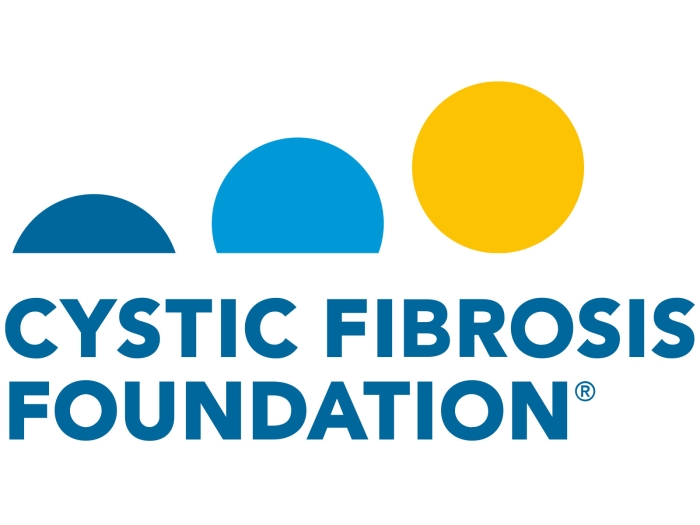
Department News
Assistant Professor Rachel Niederer of the Department of Biological Chemistry at U-M Medical School is one of the recipients of a collaborative award from the Cystic Fibrosis Foundation.

Department News
Assistant Professor Chase Weidmann of the Department of Biological Chemistry at U-M Medical School is the 2024 recipient of the Outstanding Faculty Mentor Award from the CMB Program.
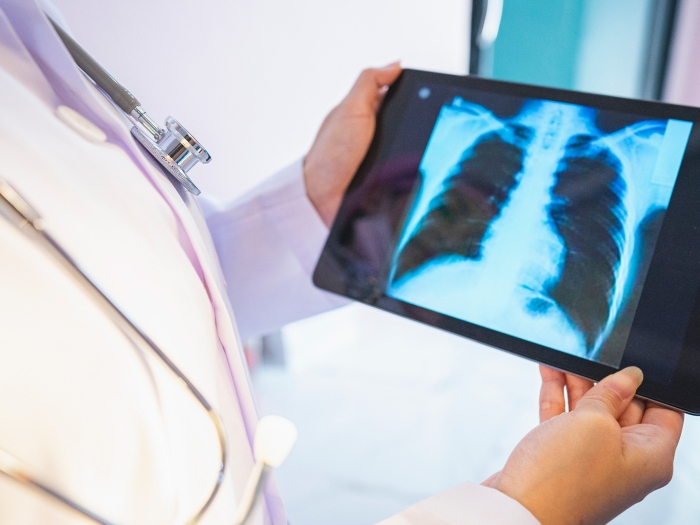
Health Lab
Researchers uncovered nine elements that have significant effects on a whether a patient may develop pneumonia, with nearly 20% of patients moving into a higher risk category based on what occurred during or following the surgery.

Department News
Yan Zhang, PhD, Jeanne Stuckey, PhD, Markus Ruetz, PhD, Michael Cianfrocco, PhD, and Wei Cheng, PhD, have been promoted.

Health Lab
The newest version of the heparin reversal drug, described in a recent issue of Advanced Healthcare Materials, adjusted the number of protons bound to it, making the molecule less positive so it would preferentially bind to the highly negative heparin, resulting in a much safer drug.

Health Lab
A team of researchers have spent the past eight years looking at better ways to transport organs for donation, specifically hearts, to improve the number of organs that can be used for transplants. They found that using a modified normothermic perfusion system heart preservation was feasible for up to 24 hours.
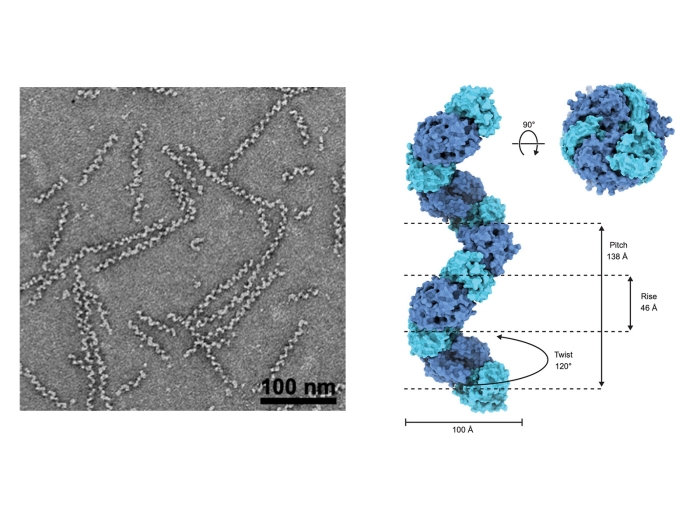
Department News
Recent research achievements from the Giessen lab.
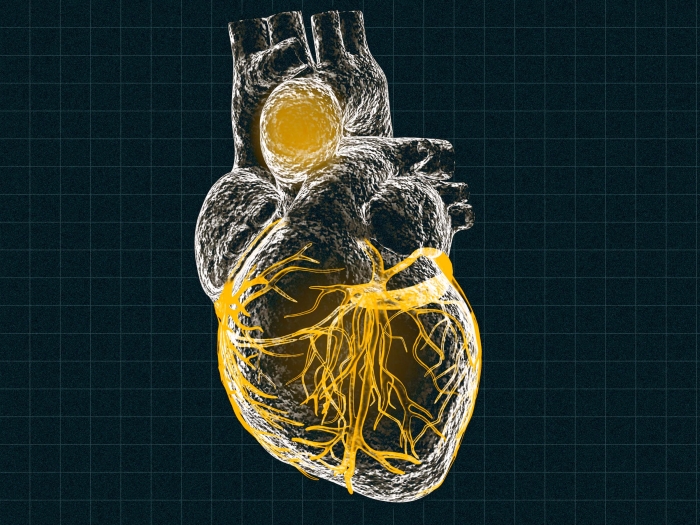
Health Lab
Using human cells in an animal body, a team of researchers has developed a functional model of thoracic aortic aneurysm, creating opportunities for more effective understanding of disease development and treatments for the potentially fatal condition.
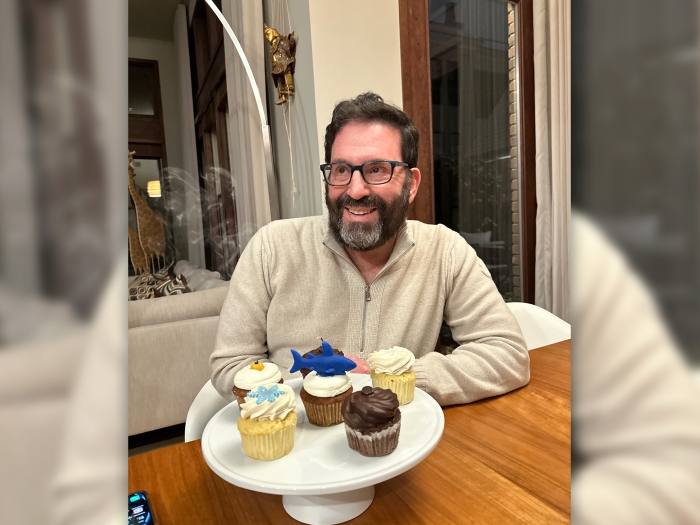
Health Lab
A patient who has received two heart transplants years apart shares his story and the importance of advocating for organ donation.
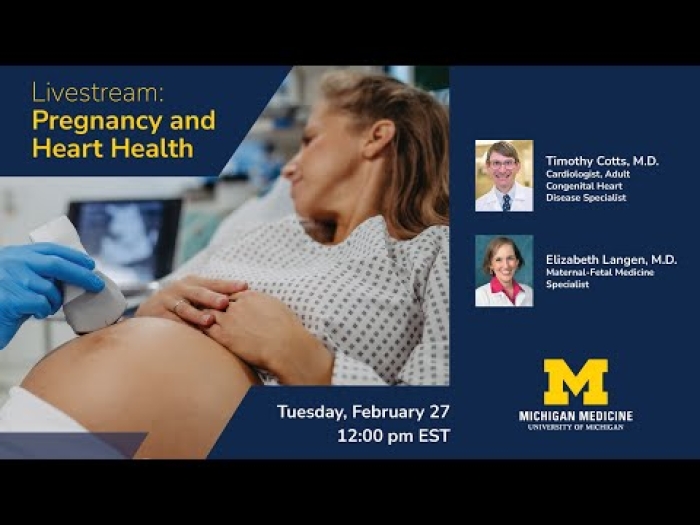
Health Lab
Experts discuss pregnancy and heart health.

Health Lab
A new urine-based test addresses a major problem in prostate cancer: how to separate the slow growing form of the disease unlikely to cause harm from more aggressive cancer that needs immediate treatment.

Health Lab Podcast
Complications during procedures only contributed to death in about 20% of cases.